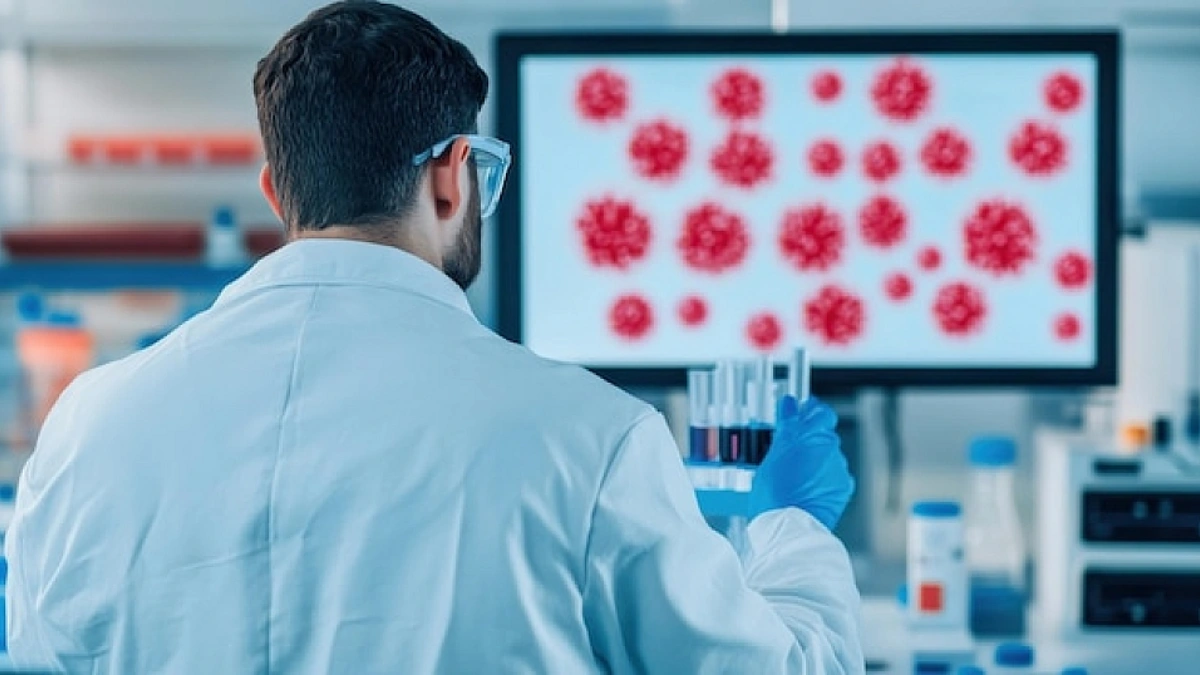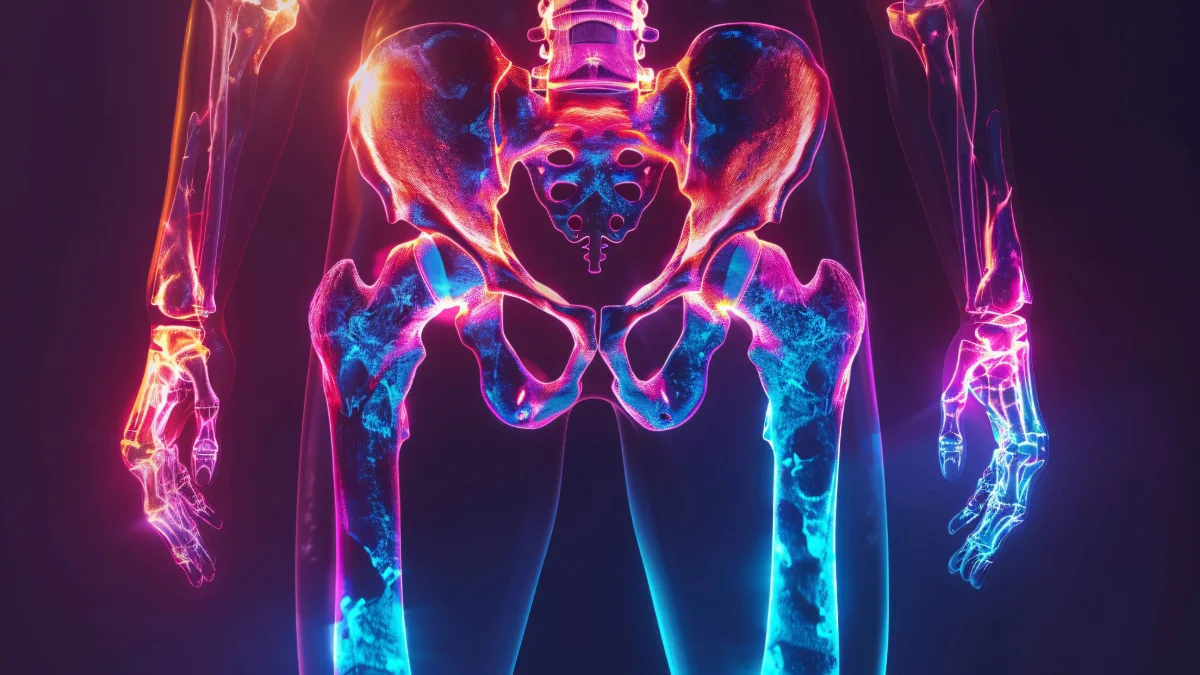Cancer tests and scans in Turkey offer a range of cutting-edge diagnostic tools that can detect malignancies early, improving treatment outcomes and survival rates. Whether you’re undergoing routine screening or are being evaluated for symptoms, these tests are essential in identifying the presence, type, and stage of cancer. In Turkey, medical facilities employ advanced technologies and methods to help patients and healthcare providers better understand cancer and make informed treatment decisions. In this article, we will explore various cancer tests and scans in Turkey, their benefits, and how they contribute to the early detection and accurate diagnosis of cancer.
The Importance of Early Cancer Detection
Early detection and diagnosis of cancer can significantly increase your chances of successful treatment. Identifying cancer at an early stage typically leads to less complicated and expensive treatments, which reduces both physical and financial burdens for patients and their families. In Turkey, specialized healthcare institutions focus on providing timely cancer screenings and diagnostic procedures that allow doctors to detect precancerous abnormalities and intervene before the disease progresses.
Moreover, advancements in imaging technologies in Turkey have paved the way for more accurate diagnoses, identifying cancers at stages where treatment is most effective. This enables doctors to develop personalized treatment plans for patients, improving their overall prognosis.
Cancer Tests and Scans: Key Imaging Methods in Turkey
In Turkey, doctors use a variety of imaging tests to detect cancer, monitor its progression, and evaluate the effectiveness of treatment. These tests work by using different types of energy, such as sound waves, X-rays, magnetic fields, or radioactive particles, to create detailed images of the body’s internal structures. Below is a breakdown of the most commonly used cancer tests and scans in Turkey:
1. Computed Tomography (CT) Scan
A CT scan combines X-rays with computer technology to create detailed cross-sectional images of the body. As a result, it provides a comprehensive view of internal organs, blood vessels, and tissues, which allows doctors to identify tumours and abnormalities. In Turkey, CT scans are commonly used for cancer staging, thereby helping doctors assess the spread of cancer and determine the most appropriate treatment. Furthermore, the procedure is typically non-invasive and quick, with contrast agents sometimes being used to enhance image clarity.
Benefits of CT Scan:
- Identifies the size and location of tumours
- Helps plan cancer treatment, including radiation therapy
- Assesses the effectiveness of treatment and monitors cancer progression
- Detects metastasis, or the spread of cancer to other parts of the body
2. Magnetic Resonance Imaging (MRI)
MRI scans are highly effective for imaging soft tissues and organs without the use of ionizing radiation. This technology uses powerful magnetic fields and radio waves to create detailed images of the body. MRIs are particularly useful for assessing cancers of the brain, spinal cord, breast, and pelvic region. In Turkey, MRIs are often recommended for patients with suspected tumours in these areas, as well as to monitor treatment efficacy.
Benefits of MRI:
- Provides clear images of soft tissues, making it ideal for brain and spinal cord tumours
- Assesses the size and location of tumours
- Monitors the effectiveness of chemotherapy or radiation therapy
3. Positron Emission Tomography (PET) Scan
PET scans use a small amount of radioactive material to highlight cancerous tissues. PET scans can detect tumours and determine whether cancer has spread to other organs. In Turkey, PET scans are frequently used in combination with CT scans (PET-CT) to improve diagnostic accuracy, providing detailed images of cancer’s location and helping doctors assess how well treatment is working.
Benefits of PET Scan:
- Identifies cancer and evaluates its spread
- Helps plan treatment and assess treatment effectiveness
- Determines the need for a biopsy
4. Ultrasound
Ultrasound imaging uses high-frequency sound waves to create images of internal organs. Consequently, in Turkey, ultrasounds are commonly used to evaluate abdominal, pelvic, and breast cancers. Additionally, they are often employed to guide biopsy needles, helping doctors to accurately target the tissue. Furthermore, ultrasound imaging plays a crucial role in distinguishing between solid tumours and cysts, thereby aiding in diagnosis.
Benefits of Ultrasound:
- No radiation exposure, making it safe for pregnant women
- Provides real-time images, aiding in biopsy guidance
- Differentiates between solid tumors and fluid-filled cysts
5. Mammography
Mammography is the primary diagnostic tool for detecting breast cancer. In Turkey, mammography is used for both screening and diagnostic purposes, allowing doctors to identify tumours before they are palpable. The procedure involves taking X-ray images of the breast tissue to detect any abnormalities or signs of cancer.
Benefits of Mammography:
- Early detection of breast cancer, improving treatment outcomes
- Identifies abnormal growths that may not be felt during physical examinations
- Enables screening for high-risk individuals
6. X-rays
X-rays are quick, painless imaging tests that use low doses of radiation to produce images of the body’s internal structures. In Turkey, X-rays are often used to detect lung cancer, bone cancer, and other abnormalities. They are typically the first line of investigation when cancer is suspected, as they are fast and inexpensive.
Benefits of X-rays:
- Quick and cost-effective
- Effective for detecting bone tumours and lung cancer
- Minimal radiation exposure in routine scans
7. Nuclear Medicine Scans
Nuclear medicine scans, including bone scans and gallium scans, involve injecting a small amount of radioactive material into the body. These scans are useful for detecting the spread of cancer to bones and other tissues. In Turkey, nuclear scans are employed to provide a functional perspective of how cancer is affecting the body.
Benefits of Nuclear Medicine Scans:
- Identifies areas of increased cell activity indicative of cancer
- Monitors cancer spread and evaluates treatment effectiveness
- Painless, outpatient procedures
8. Endoscopy and Colonoscopy
Endoscopy and colonoscopy are used to detect cancers of the digestive tract, including oesophagal, stomach, and colorectal cancers. In Turkey, these procedures are often performed when patients exhibit symptoms such as digestive issues or blood in the stool. They allow doctors to examine the inner linings of organs and obtain biopsies for further testing.
Benefits of Endoscopy and Colonoscopy:
- Detects cancers of the gastrointestinal system at an early stage
- Provides direct visualization of abnormal tissue
- Allows for biopsies to confirm cancer diagnoses
9. Biopsy
A biopsy involves removing a small sample of tissue from a suspicious area to be examined under a microscope. While not an imaging test, a biopsy is a crucial part of cancer diagnosis in Turkey. It helps confirm the presence of cancer and determine its type and aggressiveness.
Benefits of Biopsy:
- Provides a definitive diagnosis of cancer
- Determines the type and aggressiveness of cancer
- Assists in creating personalized treatment plans
Choosing the Right Cancer Test or Scan in Turkey
The choice of cancer tests and scans in Turkey depends on various factors, including the suspected type of cancer, the patient’s medical history, and the symptoms being experienced. Doctors in Turkey are well-versed in evaluating these factors and will recommend the most appropriate tests based on the individual case. Early detection through these advanced imaging techniques can save lives, and Turkey’s healthcare system offers a variety of options for both local and international patients seeking high-quality cancer care.
Benefits of Cancer Testing and Scanning in Turkey
Turkey is home to many world-class medical centres that specialize in cancer diagnosis and treatment. These institutions employ the latest technologies and have highly trained medical professionals who can provide comprehensive care. The benefits of opting for cancer tests and scans in Turkey include:
- Access to advanced diagnostic technologies: Turkey is known for using cutting-edge imaging techniques like PET-CT, MRI, and nuclear medicine scans, which are critical for early cancer detection.
- Cost-effective cancer care: Compared to many Western countries, cancer diagnostic tests in Turkey are often more affordable while maintaining high standards of quality and care.
- Internationally accredited hospitals: Many Turkish hospitals are internationally recognized and accredited for their commitment to providing top-tier healthcare services to both local and international patients.
- Expert oncologists: Turkey boasts a large number of experienced oncologists who specialize in diagnosing and treating various types of cancer.
Conclusion
Cancer tests and scans in Turkey are integral components of the country’s advanced healthcare system, offering patients an opportunity for early cancer detection and effective treatment. Whether you’re seeking routine screening or further evaluation of cancer symptoms, Turkey provides a wide range of diagnostic tests and imaging procedures, all aimed at improving survival rates and treatment outcomes.
One such leading institution offering cutting-edge cancer diagnosis and care is Avicenna International Hospital in Istanbul. Known for its state-of-the-art diagnostic technologies and expert oncologists, Avicenna International Hospital provides a comprehensive range of cancer tests, including CT scans, MRIs, PET scans, biopsies, and more. Patients benefit from personalized care, with internationally accredited services ensuring the highest standards of healthcare.
Yes, Turkey is a popular destination for cancer treatment due to its advanced medical facilities, experienced oncologists, and affordable healthcare.
The cost of cancer scans in Turkey varies depending on the type of scan and the hospital. On average, it ranges from $100 to $500 USD.
Several hospitals in Turkey are renowned for cancer care, including Avicenna International Hospital in Istanbul, which offers state-of-the-art facilities and expert oncology services.







